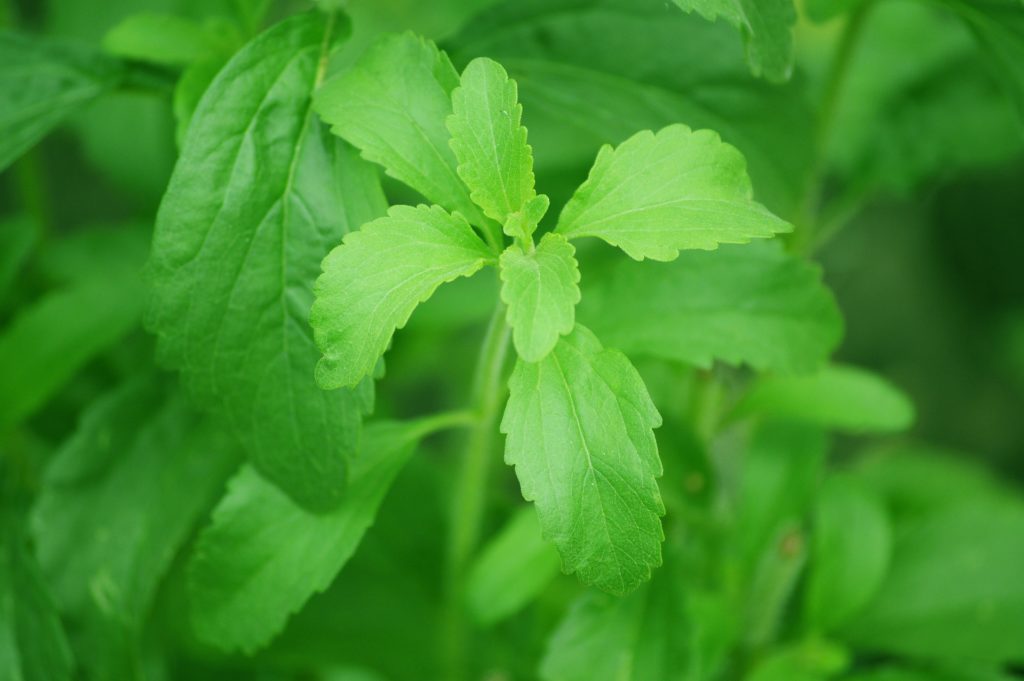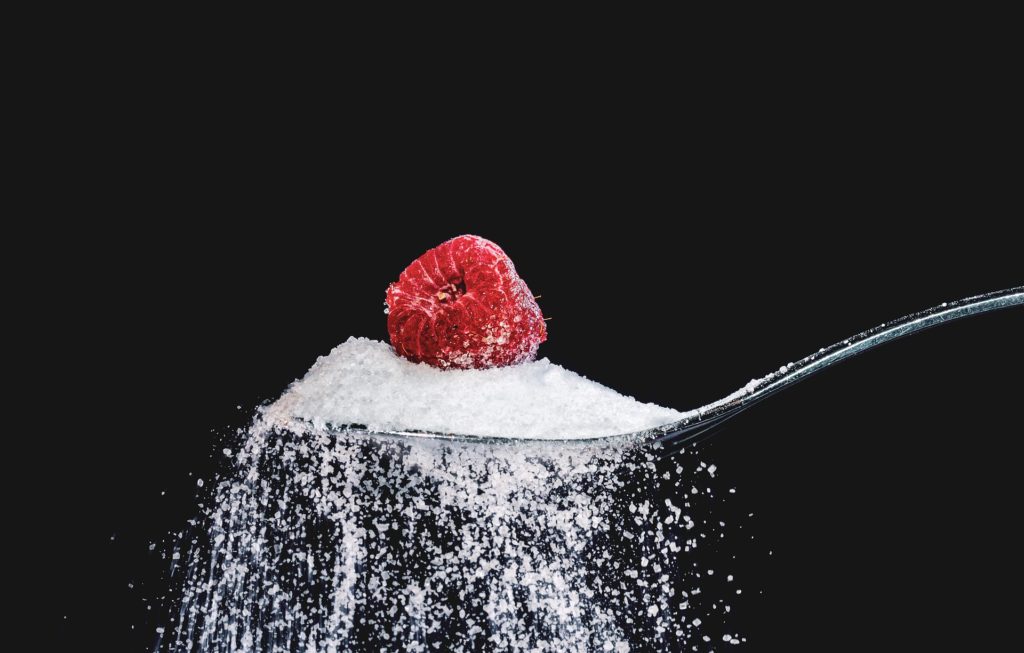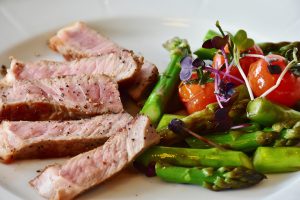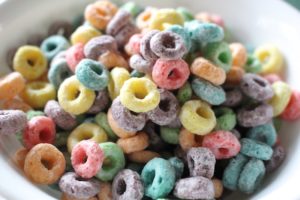Natural Low-Calorie Sweeteners

Most people enjoy having something sweet on occasion. And while a lot of people use artificially sweetened snacks and beverages for a quick fix, as previously discussed, they appear to be associated with weight gain and other concerning side effects.
So it’s worth asking, are there safe, natural, low-calorie sweeteners that don’t have concerning side effects?
There are a lot of natural sweeteners available. A large percentage of them may be healthier than sugar, but still contain significant calories. Examples include maple syrup, coconut sugar, molasses, honey, date sugar and others. And it’s not that I don’t recommend enjoying these sweeteners, but they should still be consumed in moderation.
Low-calorie, natural sweeteners are less common, but still available. The main low-calorie, natural sweeteners are:
- Stevia extract
- Luo han guo or monkfruit extract
- Sugar alcohols e.g. erythritol and xylitol among others
Stevia Extract
Stevia rebaudiana is a plant from South America that has a characteristic sweet taste. The plant is in the sunflower family and the leaves contain steviol glycosides that are 200-300 times sweeter than sugar (Salehi 2019). As such, extracts of the leaves have been produced as an alternative sweetener that contain no calories. Back in the 1970s, extensive safety testing in Japan was followed by approval for use as the main no calorie sweetener in diet soft drinks (AFP 2011).
As a sweetener, stevia has some distinct advantages. Unlike artificial sweeteners, stevia appears to decrease appetite, rather than stimulate it (Farhat 2019). Human trials have suggested that regular stevia use might decrease food intake with no changes in blood sugar levels in healthy individuals (Stamataki 2020). While there are some mixed findings, an overall review describes both animal and human clinical trial data showing improvements in blood sugar levels, high blood pressure and antioxidant benefits (Ray 2020). I’ve frequently recommended stevia to diabetics as a safe sweetener.
Probably the biggest challenge with stevia is the taste. Stevia is intensely sweet with a somewhat bitter aftertaste. Compared directly to sugar, the difference in flavor can stand out and discourage people from using it. In my personal experience, I find stevia works best when other strong flavors are present or when combined with small amounts of other natural sweeteners like maple syrup or molasses. Stevia makes a terrible stand-alone sweetener in sugar cookies, but can work well for sugar-free lemonade.
Luo Han Guo (Monkfruit Extract)
Siraitia grosvenorii or luo han guo is an herb with a long history of use in Chinese medicine. The plant is in the gourd family and produces small round fruits that are intensely sweet due to the presence of compounds called mogrosides. These constituents in the fruit are about 250 times sweeter than sugar and can be concentrated into a non-caloric sweetener (Itkin 2016).
Luo han guo extract has some marked similarities to stevia. The plant appears to have antioxidant benefits along with the ability to lower blood sugar levels (Gong 2019). Research on the safety of luo han guo is not nearly as robust as stevia, although the data currently available suggests it is likely safe with a need for further research (Liu 2018, EFSA 2019).
Like stevia, luo han guo also has an aftertaste. While efforts are ongoing to improve the taste profile, its use as a sweetener probably works best when combined with other strong flavors.
Sugar Alcohols

Sugar alcohols are sugar-like molecules with attached hydroxyl groups (oxygen and hydrogen or OH) to the carbon backbone. They are found in small quantities in some fruits and other plants. Numerous sugar alcohols exist and they all have somewhat different characteristics. While most do not have significant effects on blood sugar, some of them do. As an example, the sugar alcohol maltitol has been shown to cause an increase in blood sugar. It is commonly found in “sugar-free” products, but is probably not a great choice for regular consumption as a sugar replacement due to its effects on blood sugar (Pratt 2011).
Xylitol is a sugar alcohol derived from birch bark or corn. Erythritol is a separate sugar alcohol commonly produced from corn starch. Studies in humans show a small blood sugar response with xylitol and none with erythritol ingestion (Natah 1997, Wolnerhanssen 2016). While not well studied in humans for their long-term effect on diabetes and blood sugar, the acute effects suggest minimal impact. A study of two weeks duration in diabetics with erythritol found improvements in blood sugar handling with its use (Ishikawa 1996).
Xylitol and erythritol don’t have any bitter aftertaste making them easier to use. Their flavor profile is strongly reminiscent of regular sugar. If consumed in large amounts, sugar alcohols can cause diarrhea and digestive discomfort, although erythritol is known to cause the least digestive discomfort of the sugar alcohols. Erythritol is typically an easy-to-use replacement for sugar that will likely lead to benefits from reduced calories with minimal side effects.
Conclusion
A number of natural low-calorie sweeteners appear safe with potential health benefits, unlike their artificial counterparts. Of the available choices, stevia extract and erythritol are the two I most often recommend, although I wouldn’t hesitate to use any of the others mentioned.



